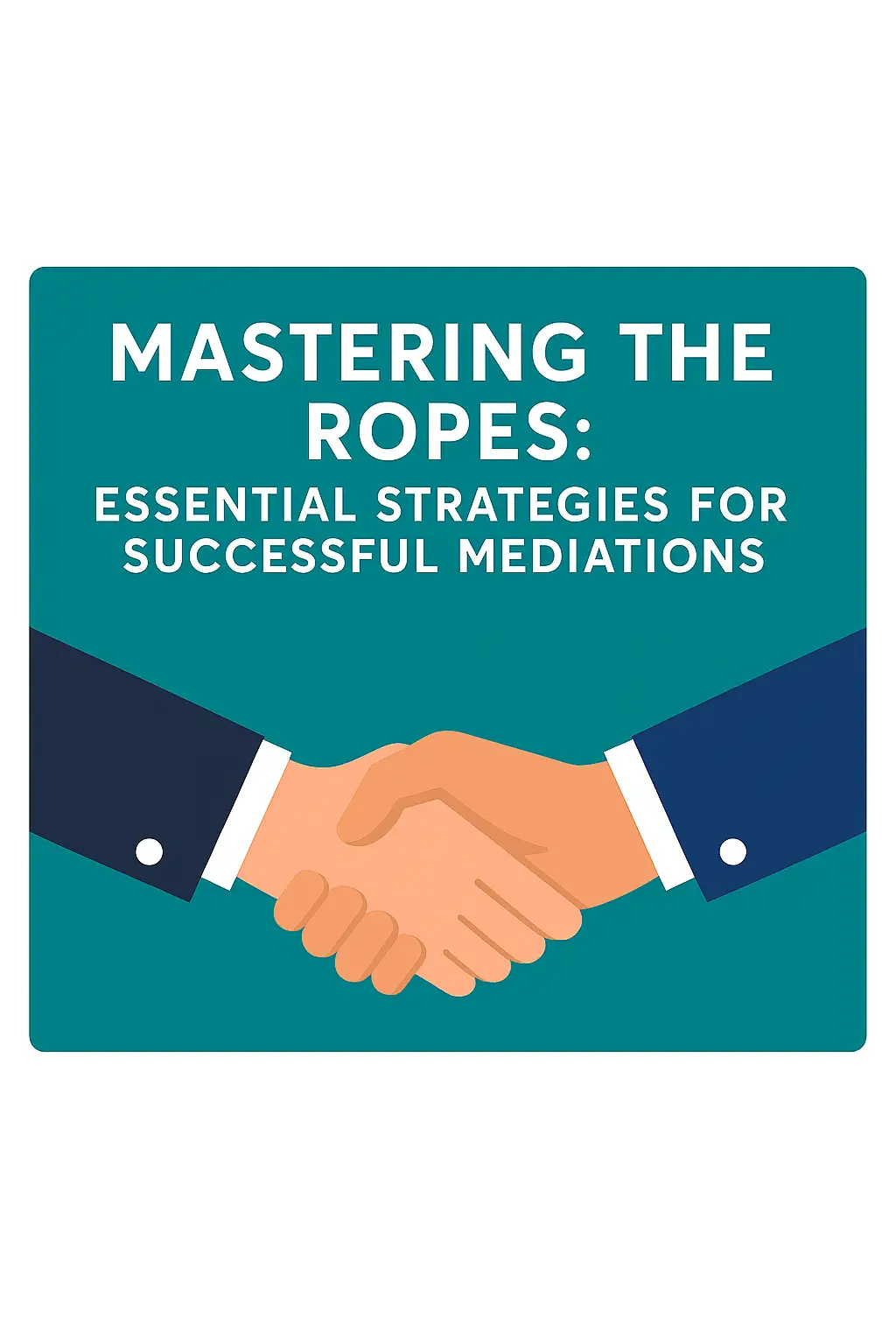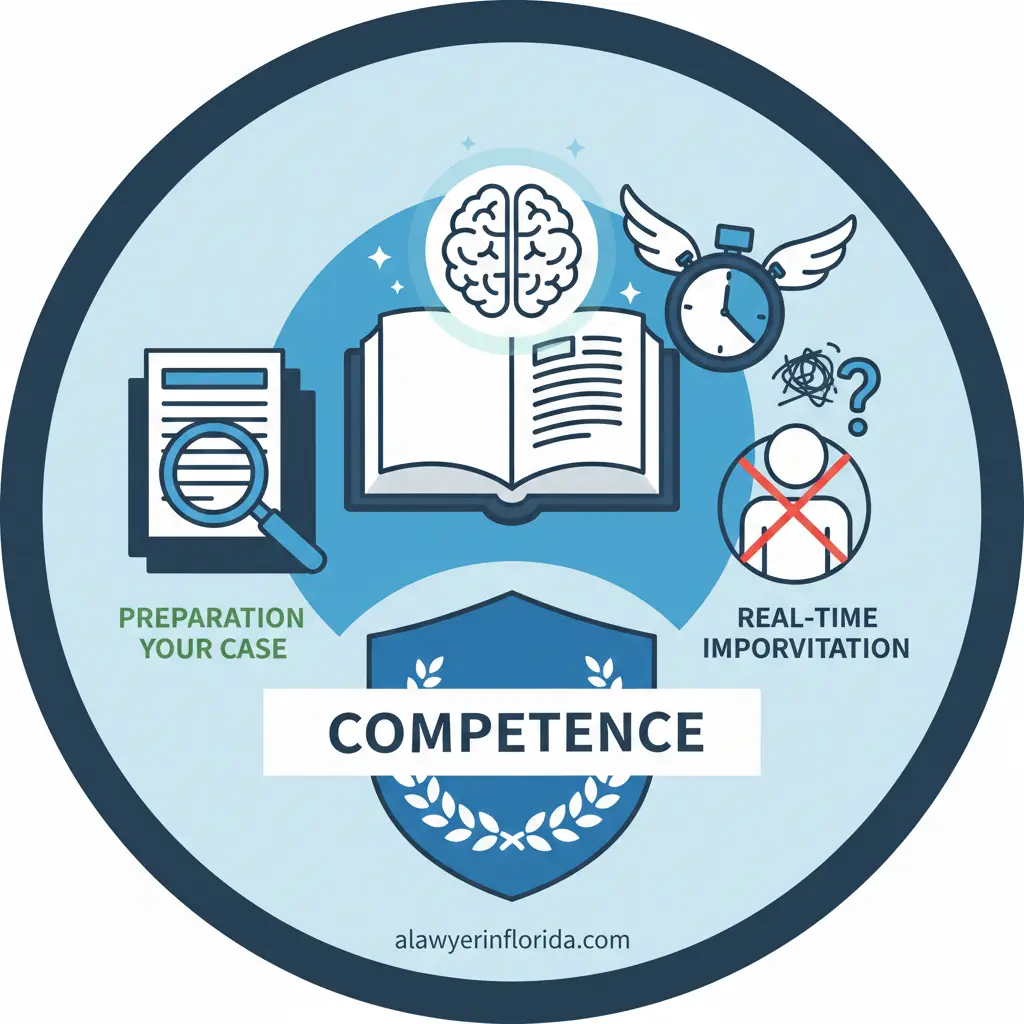Mastering the “ropes” of successful mediation is essential for delivering optimal results for clients.
I recently participated in two days of mediation in a matter in which communication between the parties deteriorated shortly before the second session to the degree that the last made offers were withdrawn and the mediation was nearly cancelled. However, cooler heads prevailed the following day and a mediated settlement was reached with the help of a skilled mediator.
The recent experience reminded me of key strategies every lawyer (and client) should keep in mind:
1. Prepare Thoughtfully and Strategically
A strong mediation statement is your foundation. It should be concise, persuasive, and focused on the most critical legal and factual points. Avoid overloading the mediator with unnecessary detail—highlight key statutes and case law, but keep the tone constructive and solution-oriented. Preview the brief with your client to ensure alignment and set the right expectations for the mediation’s collaborative nature. At the same time, educate your client on weaknesses in the client’s position that may be raised at the mediation and their prospective impact.
2. Cultivate Patience and Flexibility
Mediation is rarely quick, especially in complex or emotionally charged cases. Be prepared for a process that may take hours or even days. Patience allows parties to unravel entrenched issues and fosters an environment where genuine resolution can occur. Avoid rushing or pressuring parties into premature agreements; sustainable settlements occur at a pace comfortable for all involved.
3. Focus on Interests, Not Just Positions
Effective mediators and advocates look beyond stated demands to underlying interests. A good mediator will ask probing questions to uncover what truly matters to each party. This shift enables creative problem-solving and the generation of options that satisfy core needs on both sides, increasing the likelihood of a durable agreement.
4. Build and Maintain Trust
Trust is the currency of mediation. Demonstrate credibility through honesty, openness, and a willingness to listen. Acknowledge gaps in your case and avoid hyperbole. Trust-building extends to the mediator and opposing counsel—model respectful, collaborative behavior and praise cooperation when it occurs.
5. Educate, Don’t Intimidate
Use mediation as an opportunity to explain your client’s perspective and rationale. Avoid adversarial tactics like name-calling or aggressive posturing, which can derail negotiations. Instead, calmly justify your position and seek to persuade through reason and documentation.
6. Be Creative and Open-Minded
Brainstorm solutions without immediate judgment. The best ideas often emerge after initial options are exhausted. Encourage all parties to think expansively about how their interests can be met, and be ready to suggest “golden bridge” solutions that help the other side claim success as well.
By mastering these ropes, legal professionals can transform mediation from a procedural hurdle into a powerful tool for client satisfaction and dispute resolution.
Discover more from A Lawyer In Florida
Subscribe to get the latest posts sent to your email.





